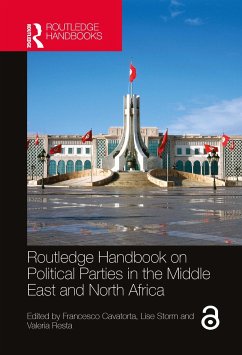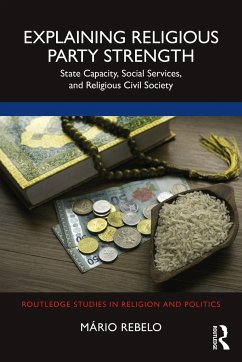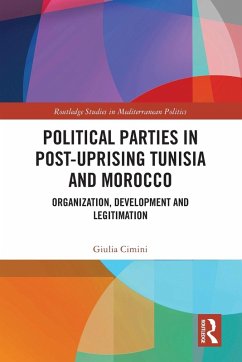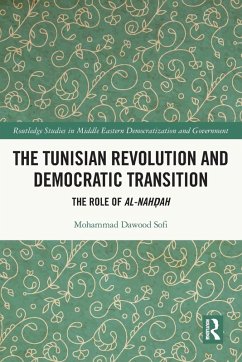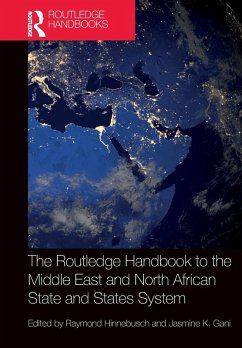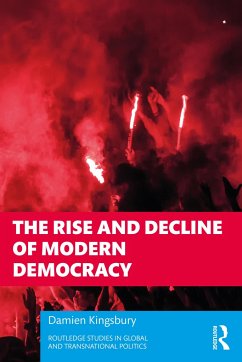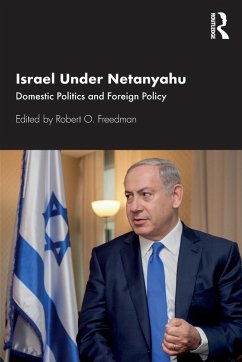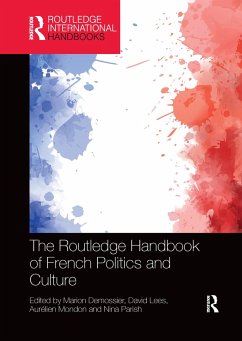
The Routledge Handbook to Religion and Political Parties
Versandkostenfrei!
Versandfertig in 6-10 Tagen
49,99 €
inkl. MwSt.

PAYBACK Punkte
25 °P sammeln!
As religion and politics become ever more intertwined, relationships between religion and political parties are of increasing global political significance. This handbook responds to that development, providing important results of current research involving religion and politics, focusing on: democratisation, democracy, party platform formation, party moderation and secularisation, social constituency representation and interest articulation.Covering core issues, new debates, and country case studies, the handbook provides a comprehensive overview of fundamentals and new directions in the sub...
As religion and politics become ever more intertwined, relationships between religion and political parties are of increasing global political significance. This handbook responds to that development, providing important results of current research involving religion and politics, focusing on: democratisation, democracy, party platform formation, party moderation and secularisation, social constituency representation and interest articulation.
Covering core issues, new debates, and country case studies, the handbook provides a comprehensive overview of fundamentals and new directions in the subject. Adopting a comparative approach, it examines the relationships between religion and political parties in a variety of contexts, regions and countries with a focus on Christianity, Islam, Buddhism, Judaism and Hinduism. Contributions cover such topics as:
religion, secularisation and modernisation;
religious fundamentalism and terrorism;
the role of religion in conflict resolution and peacebuilding;
religion and its connection to state, democratisation and democracy; and
regional case studies covering Asia, the Americas, Europe, Sub-Saharan Africa, the Middle East and North Africa.
This comprehensive handbook provides crucial information for students, researchers and professionals researching the topics of politics, religion, comparative politics, secularism, religious movements, political parties and interest groups, and religion and sociology.
Covering core issues, new debates, and country case studies, the handbook provides a comprehensive overview of fundamentals and new directions in the subject. Adopting a comparative approach, it examines the relationships between religion and political parties in a variety of contexts, regions and countries with a focus on Christianity, Islam, Buddhism, Judaism and Hinduism. Contributions cover such topics as:
religion, secularisation and modernisation;
religious fundamentalism and terrorism;
the role of religion in conflict resolution and peacebuilding;
religion and its connection to state, democratisation and democracy; and
regional case studies covering Asia, the Americas, Europe, Sub-Saharan Africa, the Middle East and North Africa.
This comprehensive handbook provides crucial information for students, researchers and professionals researching the topics of politics, religion, comparative politics, secularism, religious movements, political parties and interest groups, and religion and sociology.





